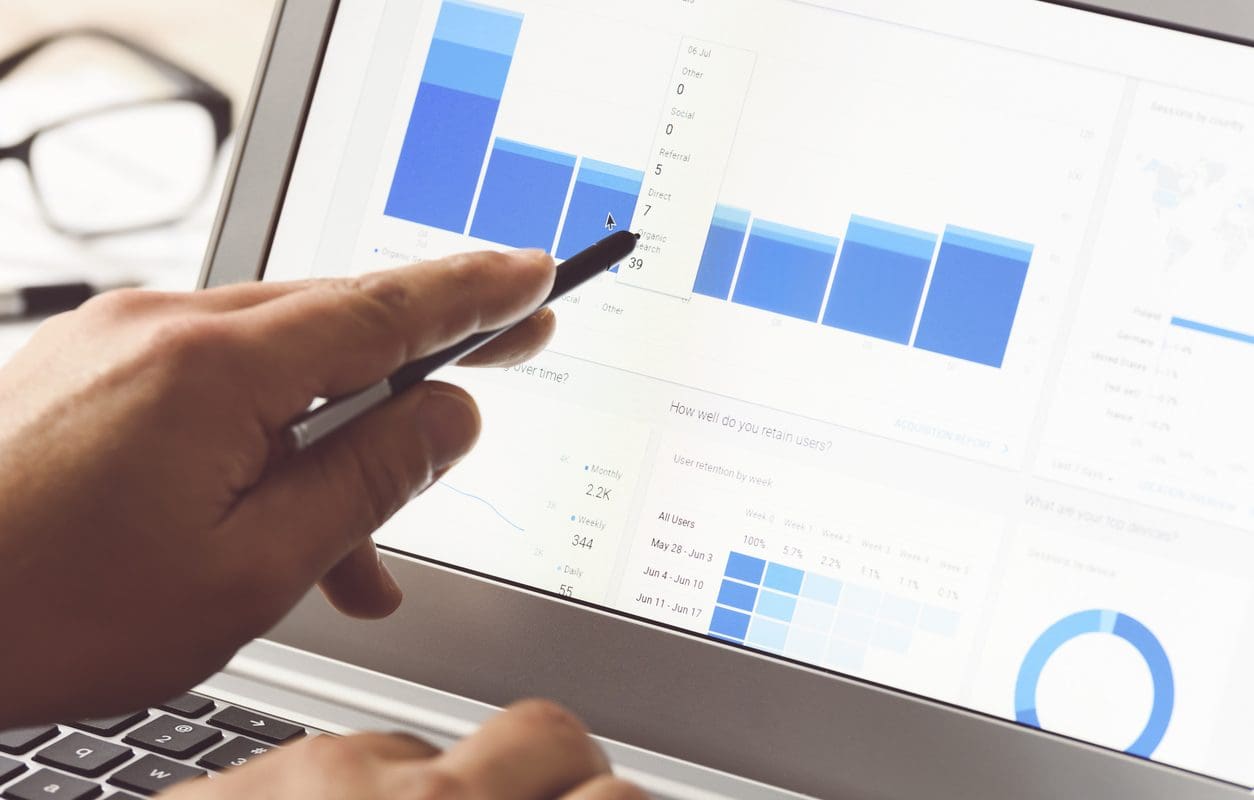
How to analyse your data.
So, you have learned about the importance of putting in place the means of measuring your marketing campaigns, but what are the metrics which you should be looking to analyse? Here, we delve deeper into the lengths you can go to in analysing your data, and how the information can benefit your business going forward.
Measuring results : a recap
Your aim when measuring the success of your campaigns should be to work out what works well for you and your audience, and what could be improved on to further enhance your sales or popularity. As previously touched upon, spending time analysing your data is just as important as the information collected. If you don’t put in the effort to truly evaluate your findings, then the task has been a wasted activity, and most of all, a wasted opportunity.
What should be included in my measurement programme?
When considering metrics to be measured, you should begin by thinking about what helps you to provide the best comparison with your business goals. For instance, if you have plans to reach out to a new demographic in the upcoming year, then you should be looking to access data relating to the age of your new or returning customers. You may then want to find out how you are attracting this particular audience, for example, whether it is through your website, blog, a guest blog, or another medium. Following this, you could try to learn more about their profession or interests, in an attempt to build a profile. This could help you to successfully reach out to a specific group of people, going forward.
Ways to measure results
As you can see, the opportunities are endless. You really can manipulate the depths of the information you are gathering to their full potential, in order to maximise the value of the data. By all means, do not limit yourself to only looking for data that supports your business goals. Keep tabs on all of the behaviours in general, to get a bigger picture of your effectiveness and where your strengths and weaknesses lie. Advancements in technology over the last decade have made it even easier for companies to analyse data relating to their customers. This means that teams can now monitor personal information, such as gender, age range, relationship status and so on, and can also tag emails, adwords, banner ads and Twitter campaigns,
How can such in-depth analysis benefit my business?
By better understanding the response to your marketing campaigns, you can be sure that you are continuously improving and learning more about your target audience. In addition to providing you with factual information rather than simply estimated figures, measuring results also helps you to allocate your budget and maximise marketing spends year upon year. You’ll learn what makes an effective marketing campaign in your industry, and will be in no doubt about what to implement in your following year’s marketing plan.